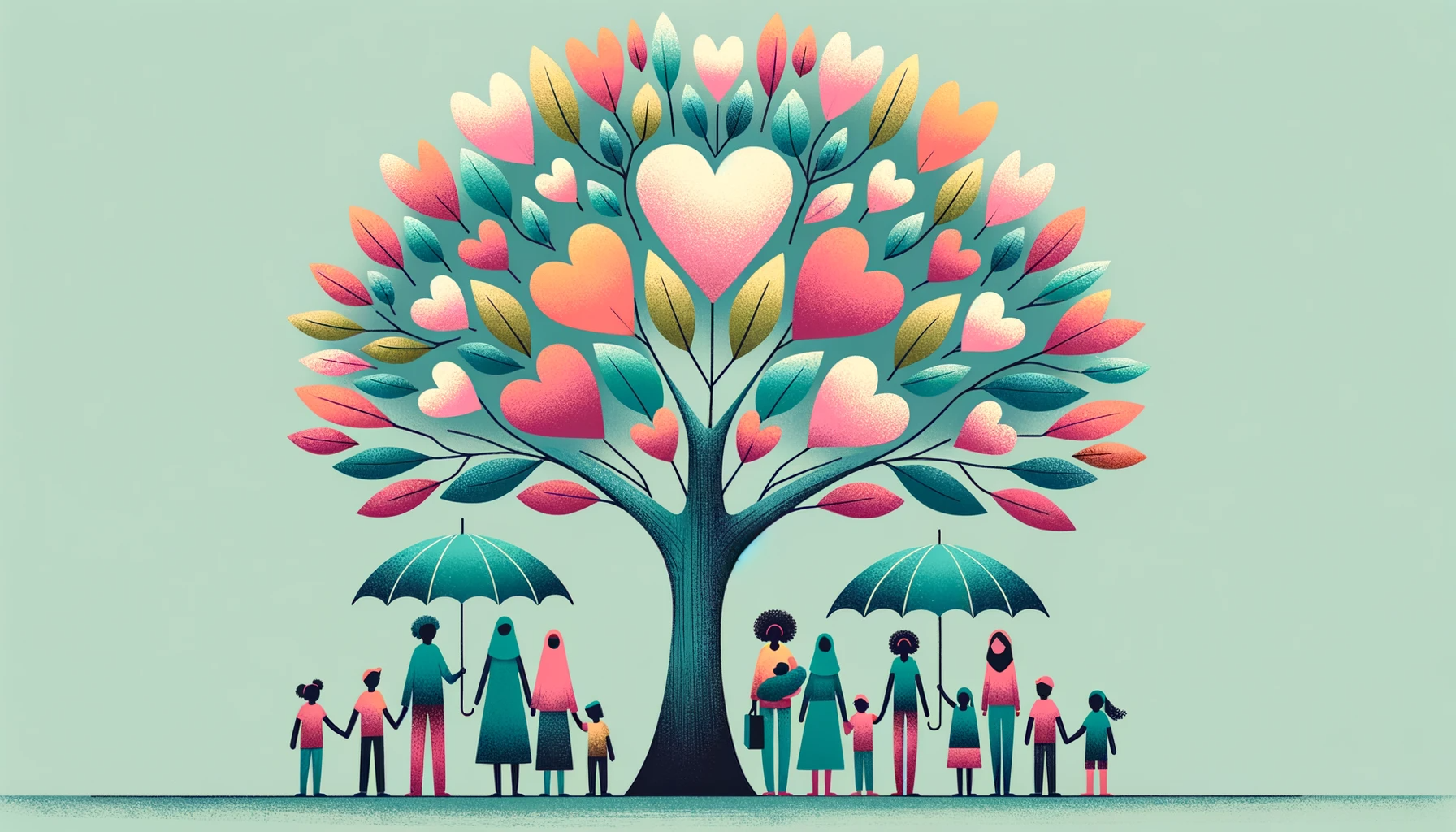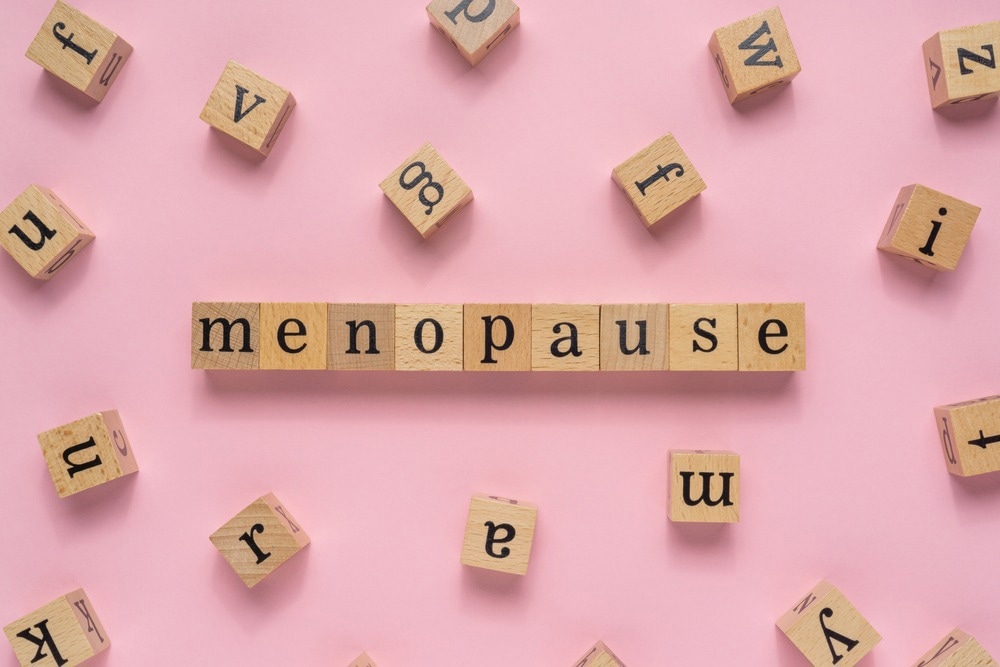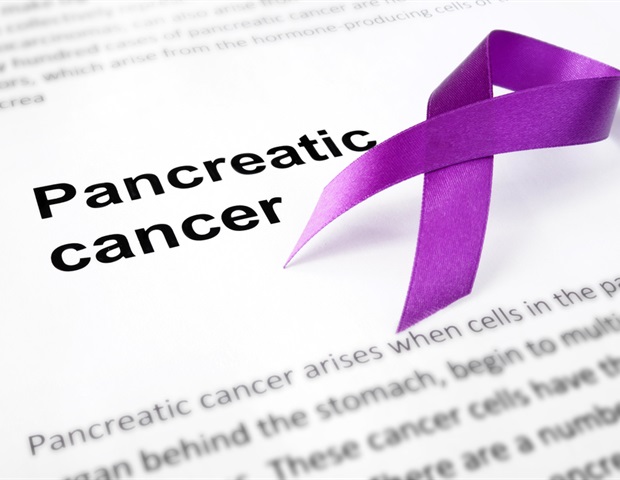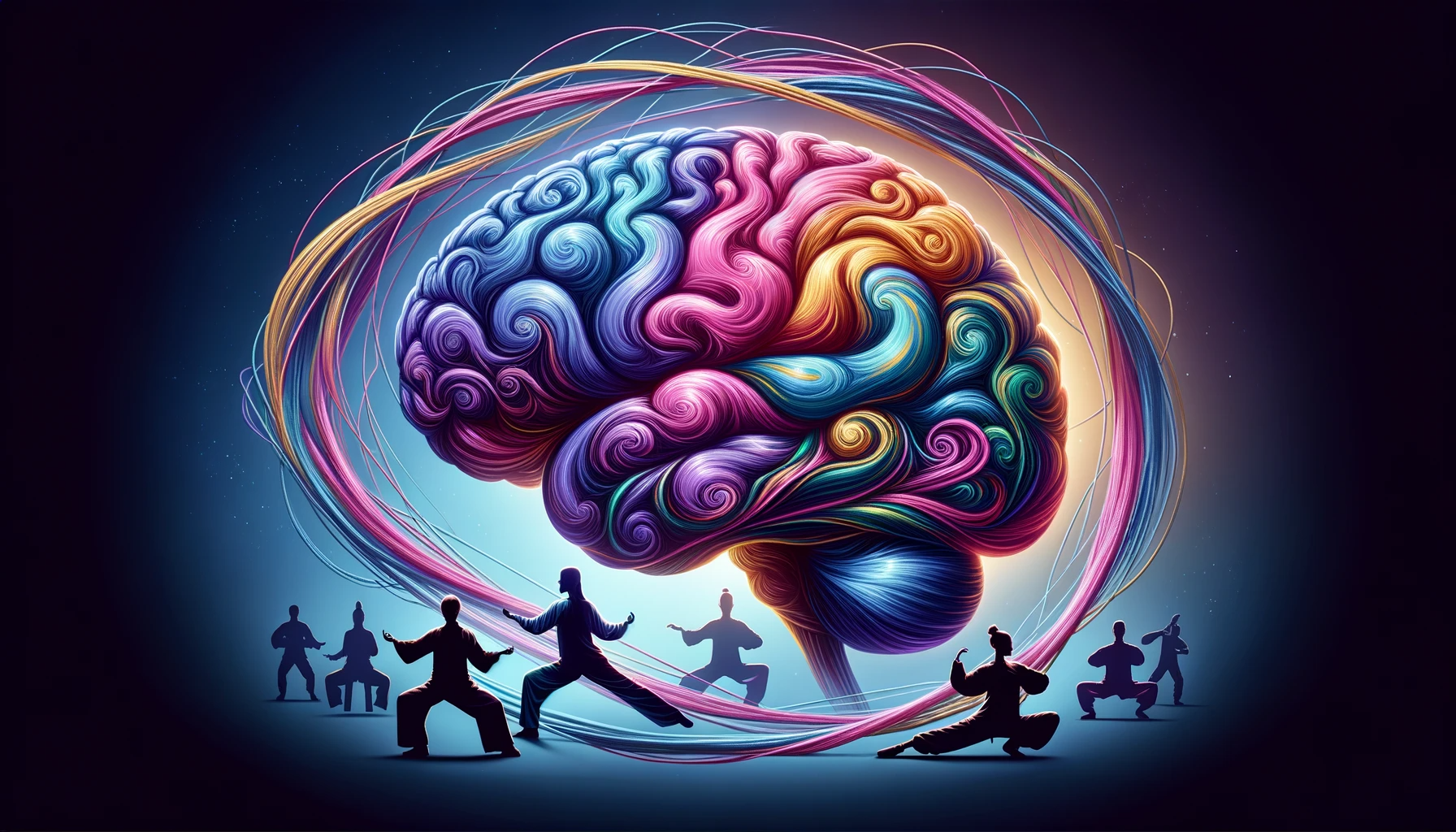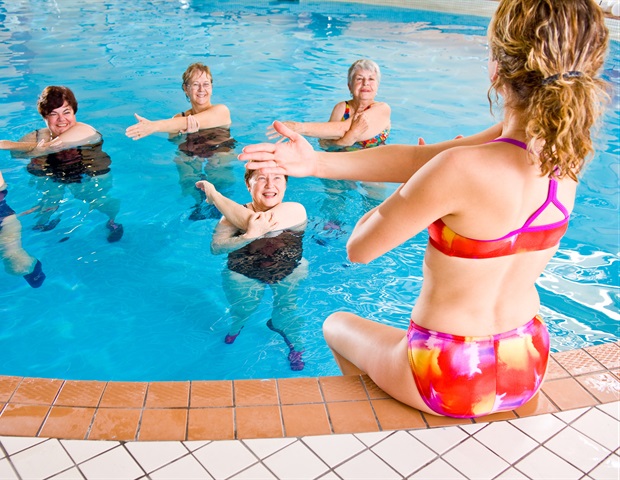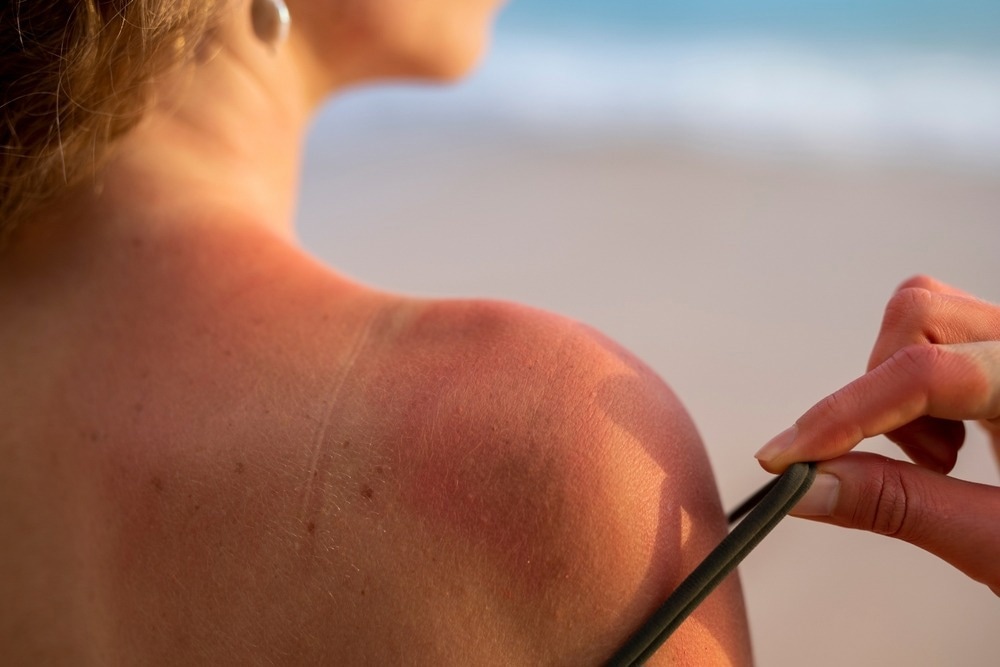In a recent position paper published in the Annuals of Internal Medicine, representatives of the American College of Physicians (ACP's) Ethics, Professionalism, and Human Rights Committee highlight key points on why they believe health is a human right. Despite the United Nations (UN) recognizing health as a human right in 2000, nations globally have differing…
